There’s no such thing as a pleasant pest infestation. While all pest infestations are inconvenient, however, some are worse than others. Significantly worse.
These are four examples of the worst kind of pest infestation. Dealing with one of these infestations for any length of time gets expensive, stressful, and frustrating. These are the pests you should call in the cavalry about the moment you notice they’ve made their home in yours:
Termites
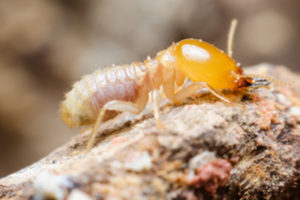 Did you know that termites never sleep? In fact, they never rest at all. When they have access to food, a termite colony feeds 24/7. That means if they’re chomping down on the wood in or around your home, they’re never going to stop. Termites feed by breaking wood down into cellulose, boring holes through it in the process. These termite “tunnels” can eventually compromise the structural integrity of whatever wood they’re built into.
Did you know that termites never sleep? In fact, they never rest at all. When they have access to food, a termite colony feeds 24/7. That means if they’re chomping down on the wood in or around your home, they’re never going to stop. Termites feed by breaking wood down into cellulose, boring holes through it in the process. These termite “tunnels” can eventually compromise the structural integrity of whatever wood they’re built into.
It’s simple: the sooner you identify and treat your termite infestation, the less damage they’ll inflict on your home. Ideally, you want to stop them before they do any damage whatsoever. Damage to wooden structures can be very expensive or even impossible to replace! The best way to handle termites is to prevent them from ever getting into your home. Failing that, however, you’ll need professional help to drive them out completely and effectively.
Rodents
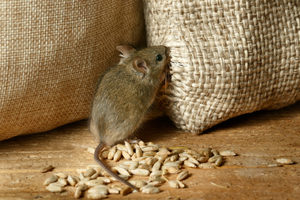 Nobody wants mice or rats scurrying around unattended in their house. They’re creepy, dirty, and distressing. The real reason you deal with rodent infestations quickly, however, is that they’re surprisingly dangerous. Rats and mice need to chew on something constantly to keep their teeth sharp. That means they’ll chew on anything they can find. Unfortunately, what they can find is usually something you really don’t want them putting in their mouths.
Nobody wants mice or rats scurrying around unattended in their house. They’re creepy, dirty, and distressing. The real reason you deal with rodent infestations quickly, however, is that they’re surprisingly dangerous. Rats and mice need to chew on something constantly to keep their teeth sharp. That means they’ll chew on anything they can find. Unfortunately, what they can find is usually something you really don’t want them putting in their mouths.
Electrical cords and wires, for instance, happen to be the perfect chew toys. At least until they start a fire. Rats and mice start a surprising number of house fires after chewing on cords or wires. They can also chew through structures, making your home vulnerable to other pest infestations. Then there’s the hygiene problem. Rodents leave behind grime and waste wherever they go, they’re often infested with fleas, and they spread human-transmittable diseases. The minute you think you have a rodent infestation, you should do something about it.
Moths
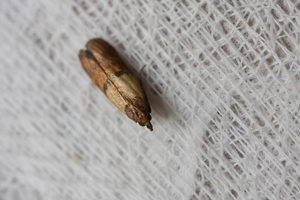 There are two main “categories” of pest moth: pantry infesters and fabric infesters. You want to deal with both of them right away. Pantry moths lay eggs in dry foods stored in your pantry. When these eggs hatch, the larvae feed on this food until they’re old enough to pupate. Then they grow up, mate, and lay eggs… on another nearby food source. Fabric moths do the same thing, except they eat your clothes instead of your food.
There are two main “categories” of pest moth: pantry infesters and fabric infesters. You want to deal with both of them right away. Pantry moths lay eggs in dry foods stored in your pantry. When these eggs hatch, the larvae feed on this food until they’re old enough to pupate. Then they grow up, mate, and lay eggs… on another nearby food source. Fabric moths do the same thing, except they eat your clothes instead of your food.
All this happens on a larger scale and faster than you might think. Most pest moths complete their entire life cycle within 60-90 days. They also lay hundreds of eggs at a time. Add all that up and it’s an infestation that spreads quickly and does a lot of damage. Plus, moth damage is just nasty. You don’t want to bite into bread and find caterpillars inside it.
Bed Bugs
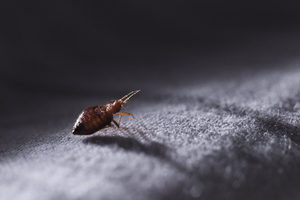 This one seems particularly obvious. Bed bugs bite you so they can suck on your blood. While you’re asleep. It’s all very upsetting. As if that wasn’t bad enough, bed bugs reproduce, lay eggs, and spread. Bed bug lay eggs in and around beds. When those eggs hatch, the young will feed on the bed’s occupants, too. The longer bed bug infestations last, the harder it will be to reliably eliminate them all effectively.
This one seems particularly obvious. Bed bugs bite you so they can suck on your blood. While you’re asleep. It’s all very upsetting. As if that wasn’t bad enough, bed bugs reproduce, lay eggs, and spread. Bed bug lay eggs in and around beds. When those eggs hatch, the young will feed on the bed’s occupants, too. The longer bed bug infestations last, the harder it will be to reliably eliminate them all effectively.
Compared to the other pests on this list, bed bugs don’t inflict major damage. There’s no evidence that they transmit diseases to humans. They don’t harm structures or property. The damage they do usually isn’t significant at all, in fact. But there is the psychological trauma. Bed bugs are extremely upsetting pests to have and deal with. No one deserves to have to feel paranoid about just getting in bed. The faster you deal with them, the sooner you can get back to having a good night’s sleep.
So: we’ve made the case as to why you should deal with these pests as soon as you find them. But how do you do that? Easy: just call Griffin Pest Control and schedule an appointment. We’re ready to help you quickly and effectively, so you don’t have to deal with any of these problems. Next time you have a pest infestation, call right away. You’ll be glad you did!

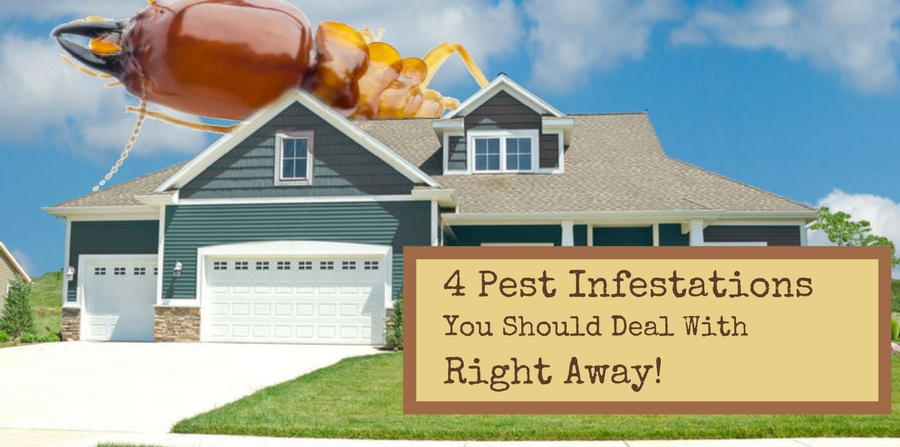
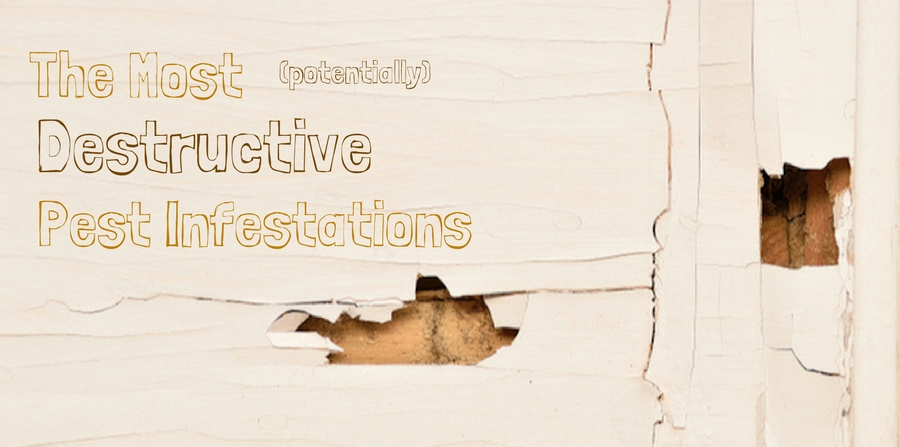
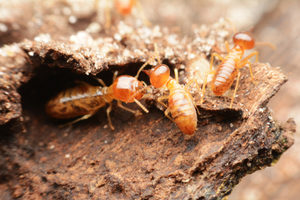 You knew
You knew 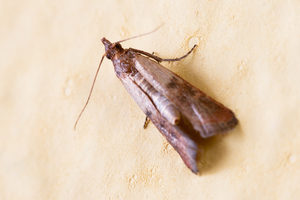 Pantry-infesting pests like the common
Pantry-infesting pests like the common 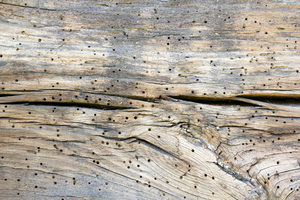 Powderpost beetles
Powderpost beetles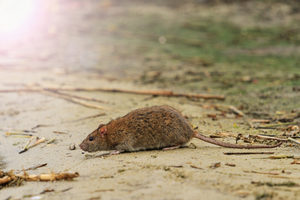 Yes, unfortunately, the extremely common mice and
Yes, unfortunately, the extremely common mice and 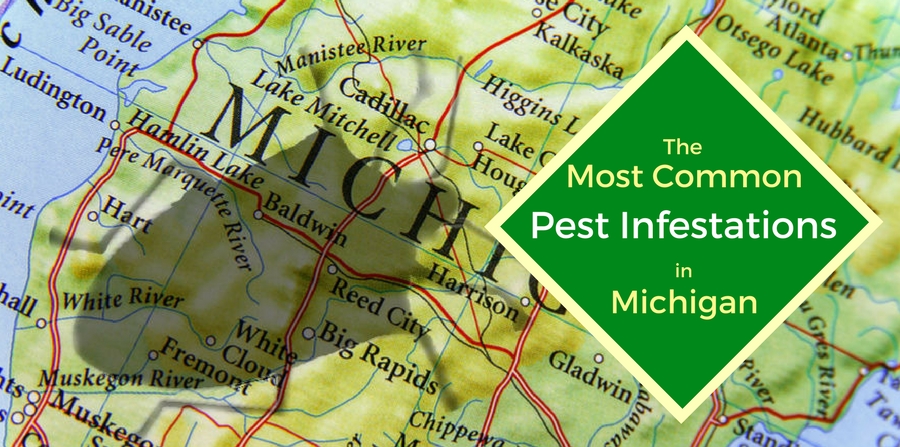
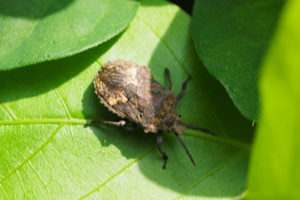 The brown marmorated stink bug is
The brown marmorated stink bug is 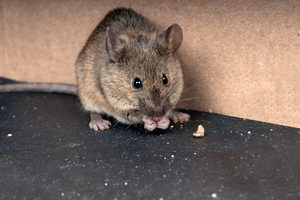 Admittedly, mice and rats aren’t just the among the most common of pests in Michigan. Anywhere people live, chances are mice and rats are scampering around trying to live alongside them. They’ve been at it long enough, in fact, that rodents have evolved into the ultimate human-home infiltrators. Mice and rats use their sense of smell and
Admittedly, mice and rats aren’t just the among the most common of pests in Michigan. Anywhere people live, chances are mice and rats are scampering around trying to live alongside them. They’ve been at it long enough, in fact, that rodents have evolved into the ultimate human-home infiltrators. Mice and rats use their sense of smell and 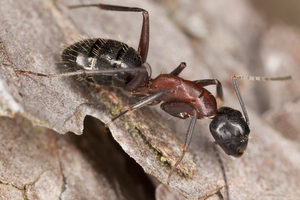 Despite being equally prevalent,
Despite being equally prevalent, 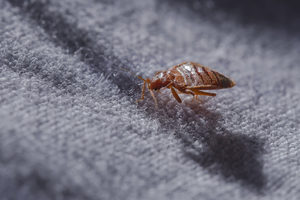 As we’ve explained before, everyone’s least-favorite bedfellows have had
As we’ve explained before, everyone’s least-favorite bedfellows have had 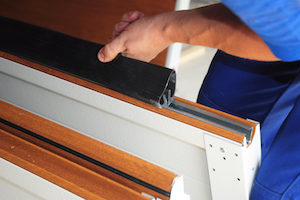
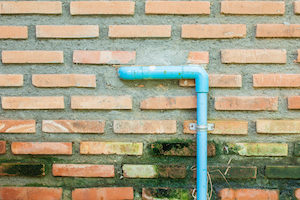 Mice only need
Mice only need 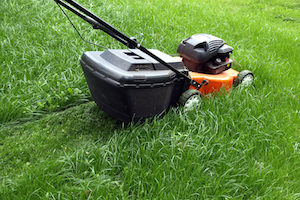 Before rodents are attracted to your home, they’re attracted to your yard. All kinds of things bring them there:
Before rodents are attracted to your home, they’re attracted to your yard. All kinds of things bring them there:  Rats and mice have truly incredible noses. Not only can they smell much better than we can, they can discern
Rats and mice have truly incredible noses. Not only can they smell much better than we can, they can discern 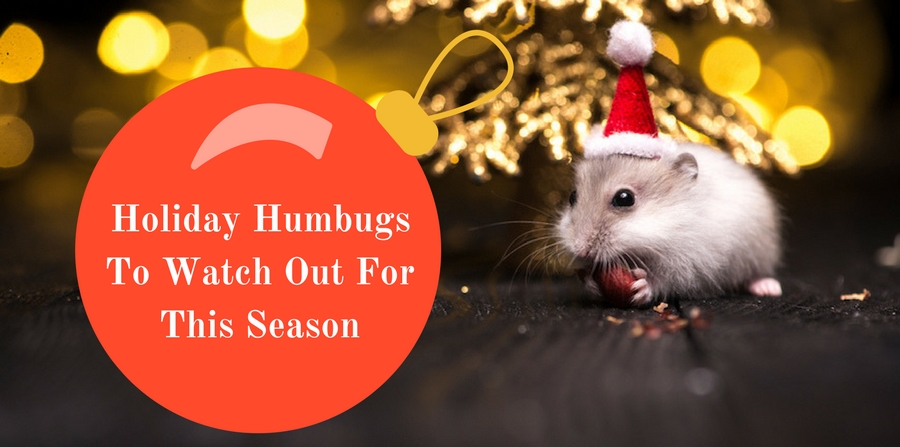
 Bed bugs hide in dark, confined places and remain perfectly still for hours on end. These dark, confined spaces aren’t just beds, either. Bed bugs often hide in suitcase, bags, and other common travel gear. If travelers
Bed bugs hide in dark, confined places and remain perfectly still for hours on end. These dark, confined spaces aren’t just beds, either. Bed bugs often hide in suitcase, bags, and other common travel gear. If travelers  There are two types of common pest moths: pantry-infesting moths and fabric-infesting moths. Unfortunately, both can be a problem during the holiday season. If fabric moths infest cloth decorations, they might be
There are two types of common pest moths: pantry-infesting moths and fabric-infesting moths. Unfortunately, both can be a problem during the holiday season. If fabric moths infest cloth decorations, they might be 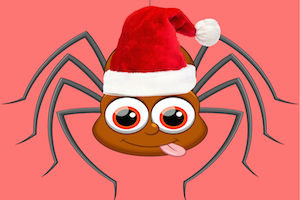 Remember when we covered
Remember when we covered  Unfortunately, “not a creature was stirring–not even a mouse” is not always true of the night before Christmas. The
Unfortunately, “not a creature was stirring–not even a mouse” is not always true of the night before Christmas. The 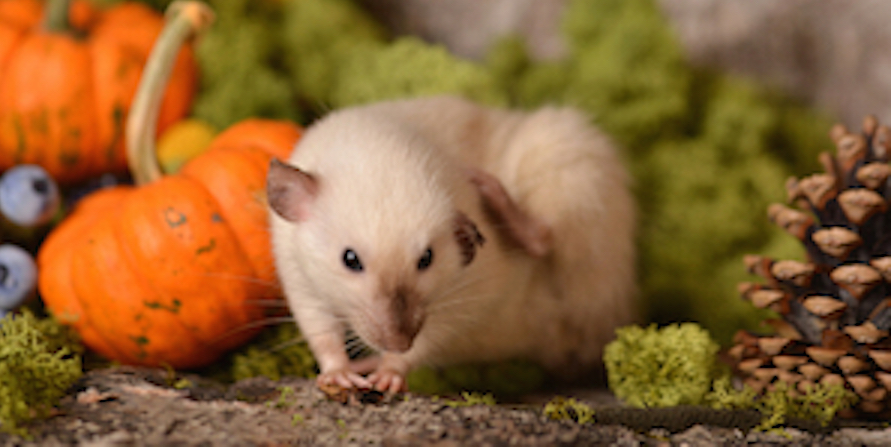
 Most of the heat that escapes from homes leaks out of gaps around door and window frames. Rodents can feel this warm air escaping from outside, and they can follow it back to its source. Mice and rats are notorious for their ability to
Most of the heat that escapes from homes leaks out of gaps around door and window frames. Rodents can feel this warm air escaping from outside, and they can follow it back to its source. Mice and rats are notorious for their ability to 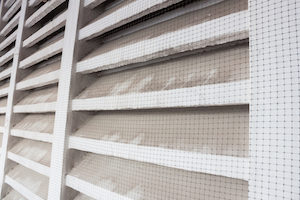 Your home transfers outdoor air in and out from more places than you’d think. Pretty much every water-using appliance needs to have a
Your home transfers outdoor air in and out from more places than you’d think. Pretty much every water-using appliance needs to have a  While you’re out checking your vent covers, take a look around the foundation of your home. Look for cracks where you can see light from inside, or where you can feel heat escaping. Pay special attention to areas of the home where utilities like water and gas enter the building. These access points tend to have gaps juuust wide enough for rodents to enter.
While you’re out checking your vent covers, take a look around the foundation of your home. Look for cracks where you can see light from inside, or where you can feel heat escaping. Pay special attention to areas of the home where utilities like water and gas enter the building. These access points tend to have gaps juuust wide enough for rodents to enter.  You didn’t think you’d get away with only cleaning the outdoors, did you? Sorry, but once you’re finished de-cluttering your yard, it’s time to move inside. Messy basements and attics attract rodents looking for warm, dark, and hidden places. The more space they have to move around in secret, the more attractive your home will look to them. One of the best ways to make sure rats leave you alone is just to demonstrate that you know they’re there.
You didn’t think you’d get away with only cleaning the outdoors, did you? Sorry, but once you’re finished de-cluttering your yard, it’s time to move inside. Messy basements and attics attract rodents looking for warm, dark, and hidden places. The more space they have to move around in secret, the more attractive your home will look to them. One of the best ways to make sure rats leave you alone is just to demonstrate that you know they’re there.